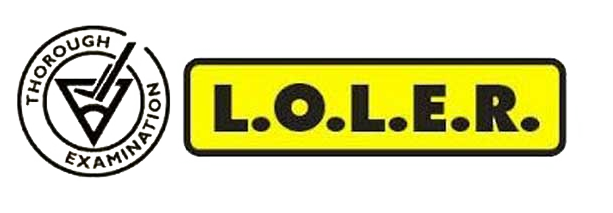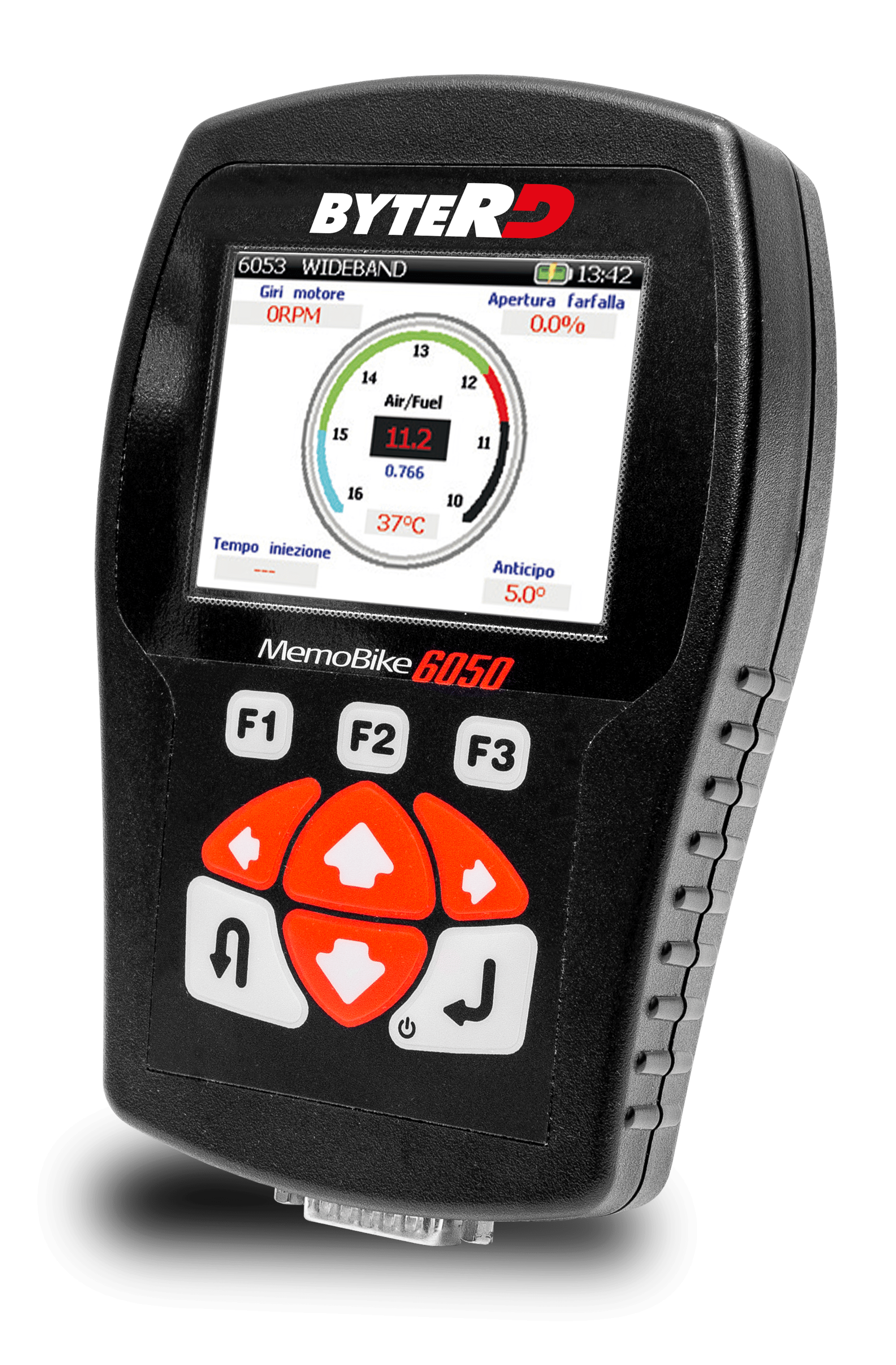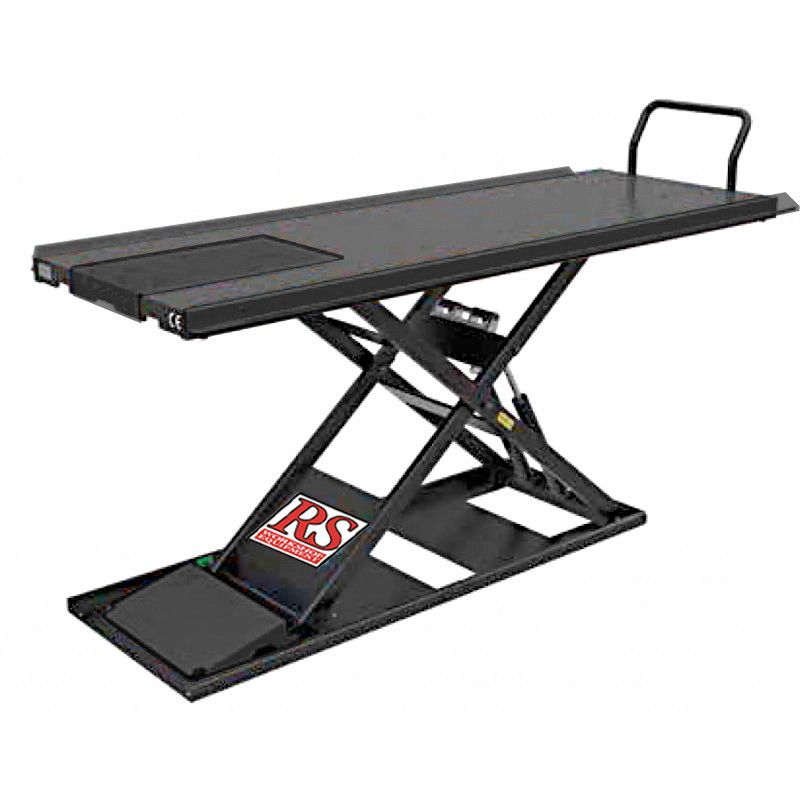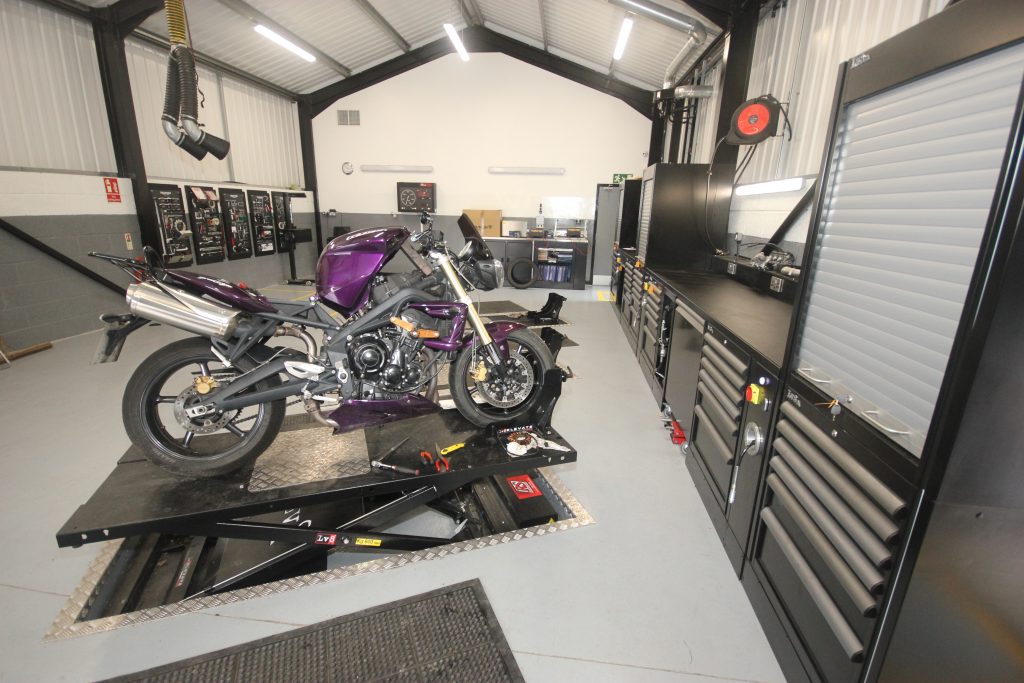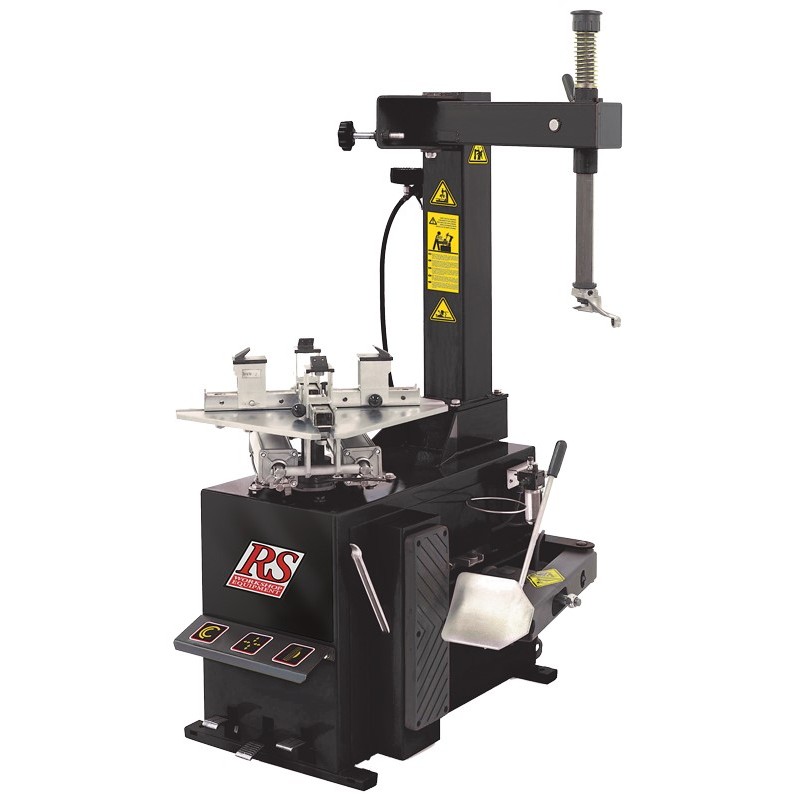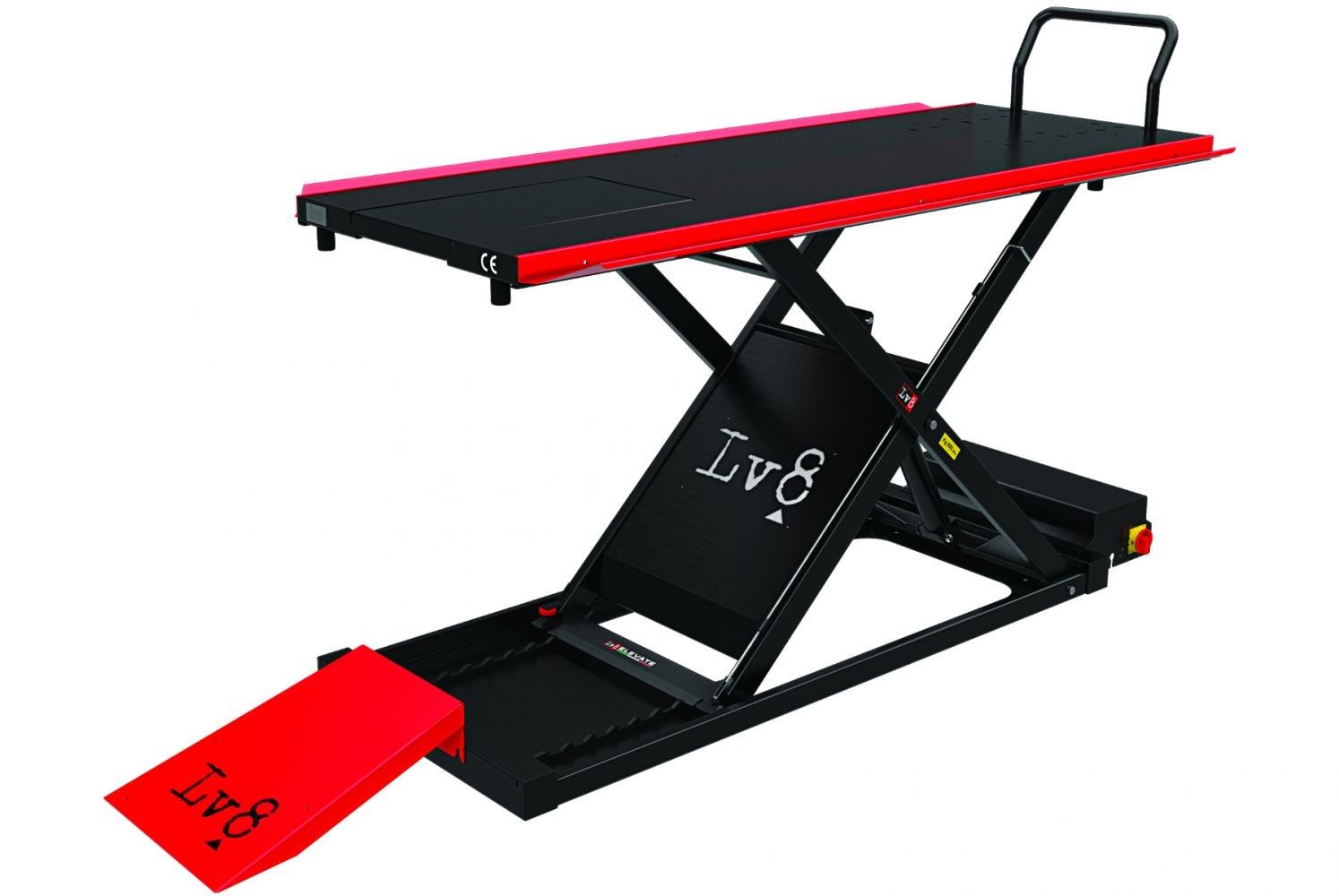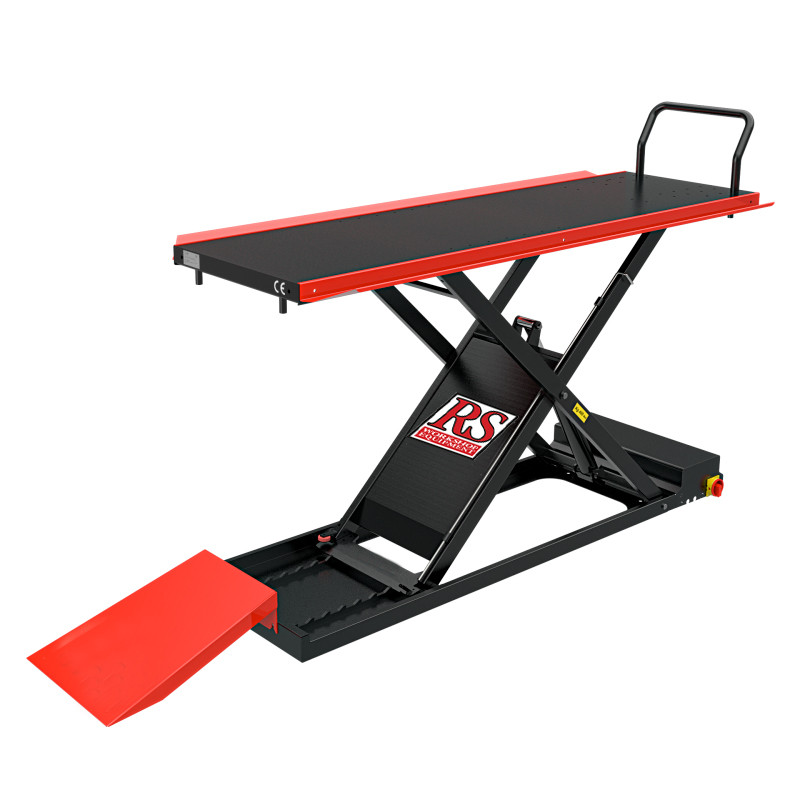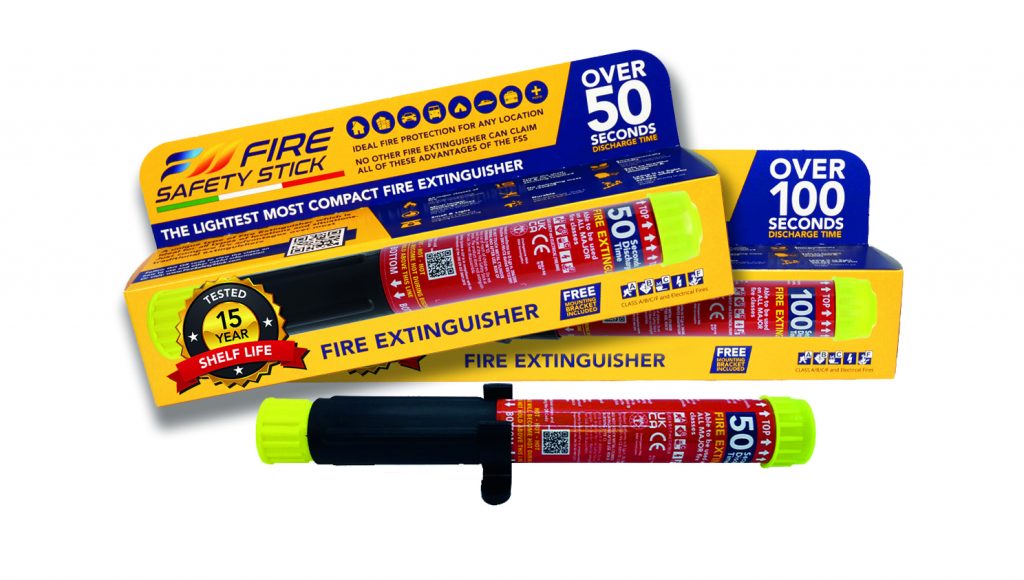Are there advantages for lease purchasing motorcycle equipment?
If you are considering FINANCE. A lease purchase for motorcycle (or capital) equipment, also known as a lease-to-own arrangement, offers several advantages for businesses looking to acquire expensive assets such as Workbenches, workshop cabinets and workstations, diagnostic equipment even – MOT Bays.
Here are some key benefits:
- Conservation of Capital: Lease purchases allow businesses to acquire necessary equipment without a significant upfront cash outlay. This preserves capital for other essential business needs such as operations, expansion, or unforeseen expenses.
- Cash Flow Management: Lease payments are often more manageable than a large upfront purchase, helping businesses to better forecast and manage their cash flow. This predictable expense structure can make budgeting and financial planning more straightforward.
- Tax Benefits: Lease payments may be tax-deductible as an operational expense, providing potential tax advantages for the business. This can vary depending on the accounting treatment and local tax regulations, so it’s essential to consult with a tax professional.
- Flexibility: Lease purchases offer flexibility in terms of contract duration and end-of-lease options. Depending on the agreement, businesses may have the option to purchase the equipment at the end of the lease term, return it, or upgrade to newer equipment.
- Technology Upgrades: In industries with rapidly advancing technology, leasing allows businesses to regularly upgrade their equipment without the hassle of selling or disposing of outdated assets. This can help maintain competitiveness and operational efficiency.
- Preservation of Credit Lines: Leasing does not typically require a significant down payment, which means businesses can preserve their credit lines for other purposes. This can be especially valuable for smaller businesses with limited access to credit.
- Risk Mitigation: Some lease agreements include maintenance and service contracts, transferring the responsibility of equipment maintenance to the leasing company. This can reduce the risk of unexpected repair costs and downtime.
- Asset Management: Leasing companies often specialise in managing and maintaining assets. This can free up resources within the business, as the leasing company may handle tasks such as maintenance, compliance, and disposal of the equipment.
- Speed of Acquisition: Lease agreements can often be processed more quickly than traditional financing options, allowing businesses to acquire the necessary equipment promptly and stay ahead of competition.
- Test Before Committing: Leasing provides an opportunity for businesses to test the equipment before committing to a purchase. This can be particularly beneficial when considering specialised or technologically advanced equipment.
While lease purchases offer these advantages, it’s important for businesses to carefully evaluate the terms of the lease agreement, including interest rates, end-of-lease options, and any potential additional costs. Each business’s situation and financial goals will influence whether a lease purchase is the most suitable option for acquiring capital equipment.
Ownership at the End:
Whether you will own the equipment at the end of the lease purchase agreement depends on the specific terms negotiated. In a typical lease purchase arrangement, there is an option to buy the equipment at the end of the lease term. This purchase option may involve a predetermined price or fair market value.
It’s crucial to carefully review and understand the terms and conditions of the lease agreement before entering into the contract. If ownership at the end of the lease is a priority for you, make sure to negotiate this aspect explicitly in the agreement.
NOTE: Always consult with legal and financial professionals to ensure that the terms of the lease purchase agreement align with your business goals and financial considerations.


